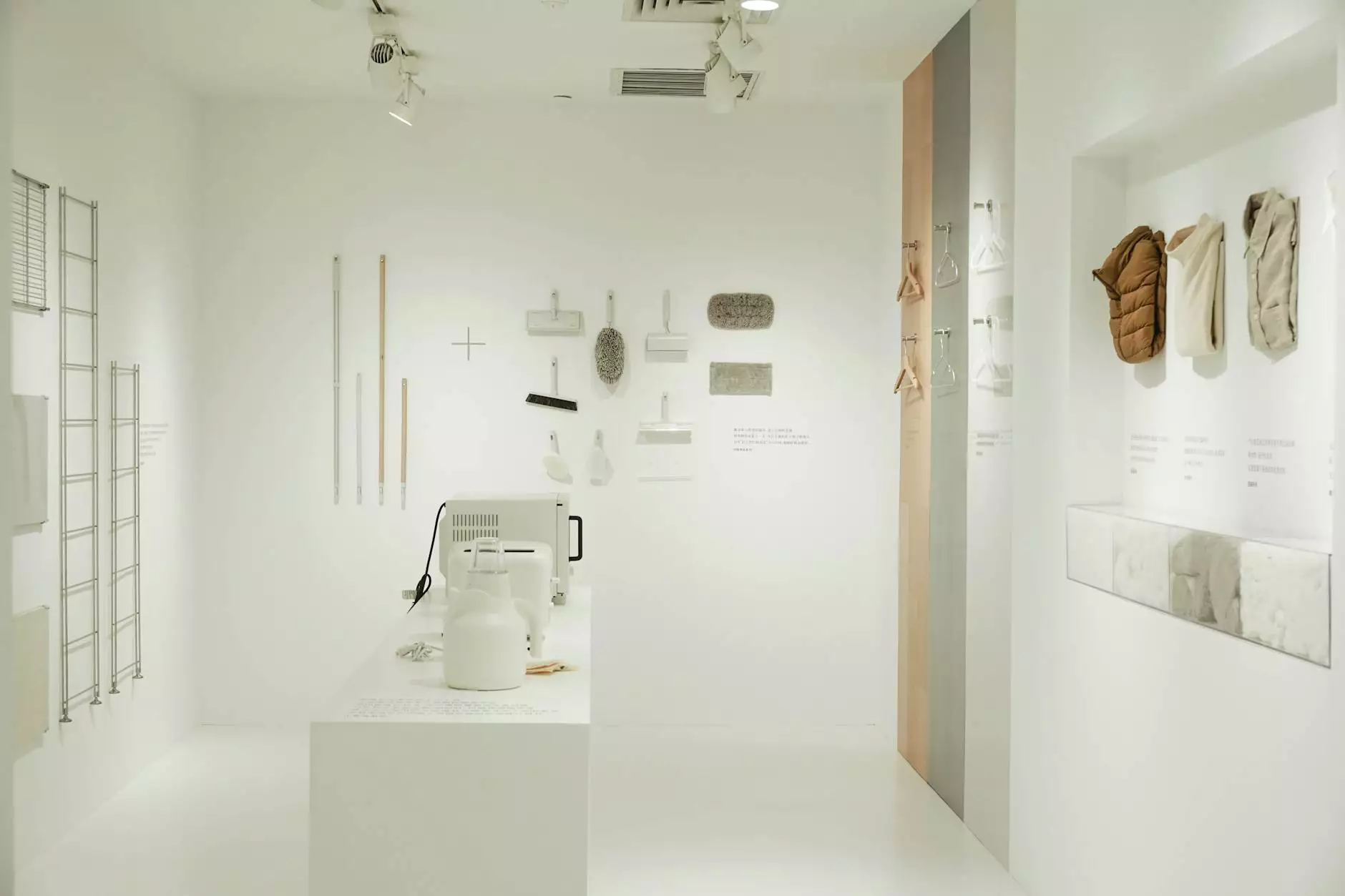The Rise and Impact of European Furniture Companies

Throughout history, furniture has evolved from simple utilitarian objects to exquisite pieces of art that reflect culture, innovation, and craftsmanship. Among the leaders in the global furniture market are the esteemed European furniture companies. Known for their timeless designs, superior quality, and unmatched craftsmanship, these companies play a pivotal role in shaping the industry's future.
The Characteristics of European Furniture
When we talk about European furniture companies, several distinctive characteristics come to mind that set them apart from the competition worldwide:
- Artistic Integrity: European furniture reflects a deep respect for history and art. Designers often draw inspiration from various art movements and incorporate luxurious materials.
- Craftsmanship: Artisans take pride in their work, often using traditional methods passed down through generations. This attention to detail results in durable and aesthetically pleasing furniture.
- Ecodesign: Many companies are leaning towards sustainability, utilizing eco-friendly materials and production methods to minimize environmental impact.
- Innovation: The fusion of modern technology with traditional design allows for innovative approaches to furniture design.
The Global Influence of European Furniture Companies
European furniture companies do not just serve their local markets but have a profound global influence. Their products are sought after in every corner of the world due to their commitment to excellence and style. Let's take a closer look at how they’ve shaped the market:
1. Pioneering Design Trends
Design trends originating in Europe often set the benchmark for global tastes. The Scandinavian design movement, for instance, has captivated consumers with its minimalist aesthetic, emphasizing functionality without sacrificing beauty. Similarly, Italian-style furniture has been synonymous with luxury, featuring bold colors and ornate detailing, making it a preferred choice for high-end interiors.
2. Collaborations with Leading Designers
Many European furniture companies collaborate with world-renowned designers and architects, leading to innovative products that feature unique perspectives and cutting-edge designs. Collaborations have resulted in exclusive collections that push the boundaries of creativity, showcasing the versatility and relevance of European craftsmanship in modern interiors.
3. A Hub for Trade Shows
Europe hosts some of the largest and most influential furniture trade shows, such as Salone del Mobile in Milan and Maison & Objet in Paris. These events not only showcase new products but also serve as platforms for networking, allowing companies to form strategic partnerships that benefit the industry as a whole.
Highlighting Notable European Furniture Companies
Several European furniture companies have distinguished themselves in the industry, each with a unique story and design philosophy. Here are a few notable brands:
1. IKEA (Sweden)
One of the most recognizable names in furniture, IKEA revolutionized the market with its affordable, flat-pack solutions and modern design ethos. The company's commitment to sustainability and functional design makes it a leader among European furniture companies.
2. Roche Bobois (France)
Known for its high-end, customizable furniture, Roche Bobois combines bold design with artisanal craftsmanship. Collaborations with avant-garde designers have birthed iconic collections that stand the test of time.
3. B&B Italia (Italy)
With a focus on innovation and design, B&B Italia is synonymous with luxury furniture. Their pieces often reflect modern living while maintaining a deep respect for Italian craftsmanship and aesthetics.
4. Vitra (Switzerland)
Vitra focuses on creating functional furniture that enhances the living and working environment. Their commitment to quality and design has positioned them as a leader in the industry.
Innovation in European Furniture Design
As we stride into the future of furniture design, European companies are at the forefront of innovation. Here are some key trends driving change in the industry:
1. Sustainable Practices
With growing awareness of environmental issues, many European furniture companies emphasize sustainable practices in their production processes. This includes using reclaimed wood, non-toxic finishes, and renewable materials, appealing to the eco-conscious market.
2. Smart Furniture Technology
The internet of things (IoT) has made its way into furniture design, with companies creating smart furniture that integrates technology seamlessly into the home. From desk lamps that charge devices to tables with embedded speakers, this trend is set to redefine our interaction with furniture.
3. Customization and Modular Spaces
Modern consumers value personalized solutions that fit their individual needs. Modular furniture, which can be reconfigured to suit different spaces and functions, will continue to gain popularity as urban living spaces become more compact.
The Future of European Furniture Companies
As we look to the future, European furniture companies will continue to play a vital role in shaping trends and setting standards for quality and design. The blending of artistry, culture, and technology positions these companies uniquely to respond to the evolving demands of consumers worldwide.
In conclusion, the influence of European furniture companies extends beyond aesthetics; it is a blend of heritage, innovation, and a commitment to outstanding quality that sets them apart. As the market continues to evolve, these companies will undoubtedly remain at the helm, inspiring future generations of designers and consumers alike.
Why Choose European Furniture?
When selecting furniture, consumers always seek the best combination of quality, design, and durability. Here’s why investing in products from European furniture companies is a wise choice:
- Longevity: European furniture is built to last using high-quality materials.
- Timeless Design: Styles evolve, but many pieces from European companies transcend trends, remaining stylish for decades.
- Expert Craftsmanship: Many companies employ skilled artisans who are masters of their craft, ensuring each piece is a work of art.
- Heritage: Engaging with brands that have historical significance adds value and integrity to purchases.
The allure of European furniture companies lies not only in their captivating designs but also in the rich cultural narratives they tell through each piece. As trends shift and evolve, the passion for quality and innovation remains constant, ensuring that these companies have a prominent place in the global marketplace for years to come.
Conclusion
In summary, the impact of European furniture companies on the global stage is undeniable. They continue to set trends and influence the furniture market through their commitment to craftsmanship, sustainability, and innovation. As consumers increasingly seek out quality over quantity, European furniture companies are well-poised to meet these demands, offering elegant solutions for modern living.









